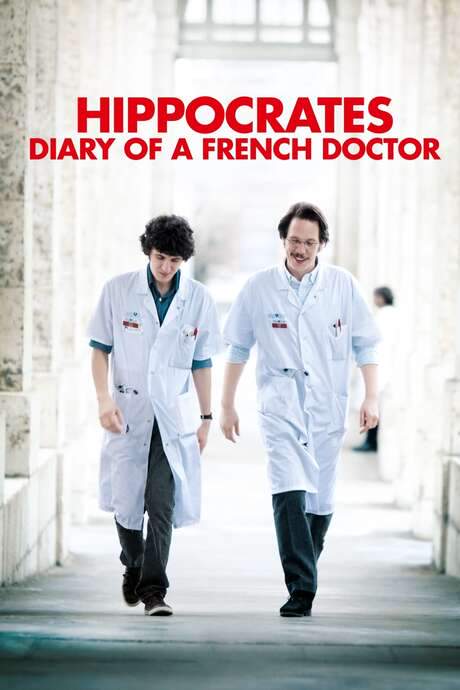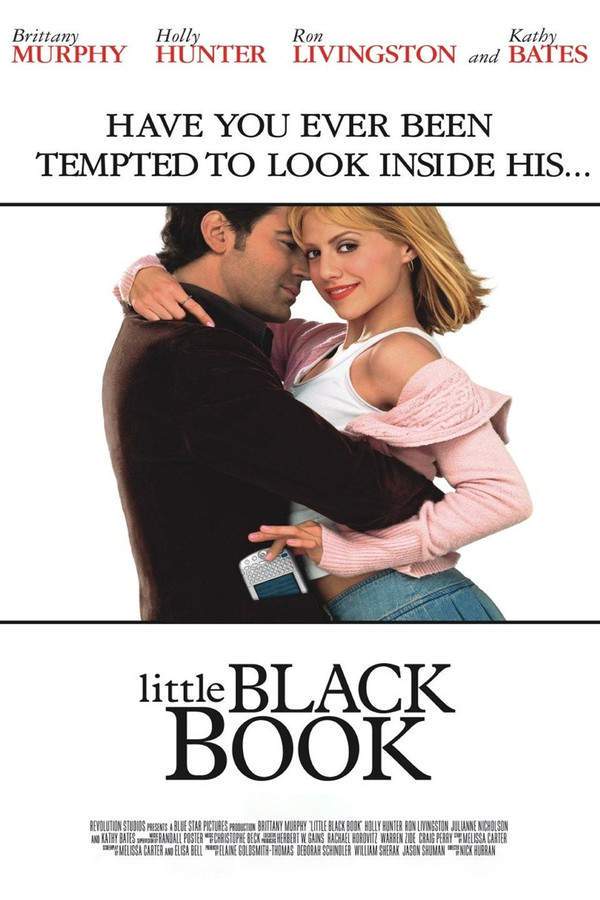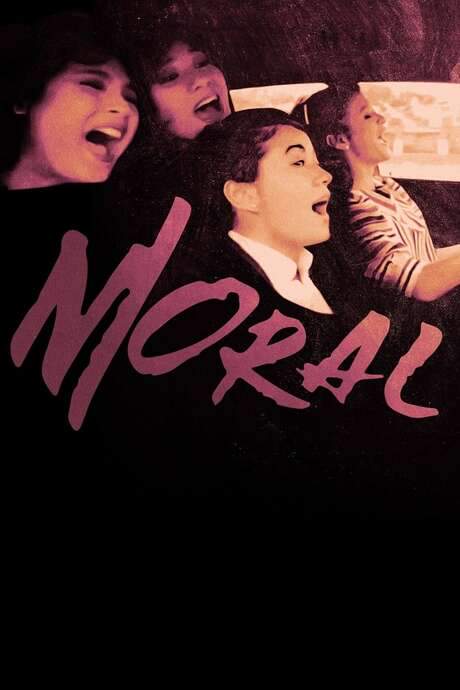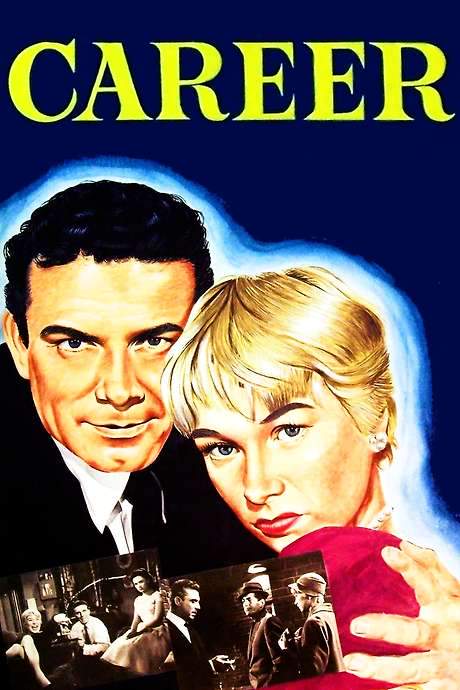
Hippocrates
Year: 2014
Runtime: 101 mins
Language: French
Director: Thomas Lilti
Following in his father's footsteps, Benjamin eagerly begins his medical internship. However, the realities of the hospital ward quickly prove overwhelming, challenging his expectations and forcing him to confront his limitations. Struggling with responsibility and feeling distanced from his father, Benjamin finds himself outmatched by a more experienced colleague. This challenging experience ultimately pushes him to mature and begin his journey toward becoming a doctor.
Warning: spoilers below!
Haven’t seen Hippocrates yet? This summary contains major spoilers. Bookmark the page, watch the movie, and come back for the full breakdown. If you're ready, scroll on and relive the story!
Hippocrates (2014) – Full Plot Summary & Ending Explained
Read the complete plot breakdown of Hippocrates (2014), including all key story events, major twists, and the ending explained in detail. Discover what really happened—and what it all means.
Benjamin Barois begins his medical internship in the department run by his father, Dr. Barois. Eager and idealistic, he quickly enters the tough, unseen layer of hospital life and is soon drawn into a tense dynamic with Abdel Rezzak, a fellow intern from Algeria. The pair soon confront a hard truth: the night shift exposes limits, missteps, and the fragile line between hope and tragedy.
During a late shift, Benjamin visits the homeless patient Monsieur Lemoine, who is suffering abdominal pains. He tries to offer comfort and prescribes analgesics, but a malfunctioning device prevents him from performing an ECG. The next morning, word spreads that the patient has died, leaving Benjamin unsettled and anxious about what could have been done differently. He is summoned by the experienced physician to review the case; under pressure, he admits he could not perform the ECG, and is told to claim he did it if questioned. This moment strains his budding friendship with Abdel, especially since he told Monsieur Lemoine’s widow that Abdel had handled the care.
As the two interns juggle duties, they also treat Madame Richard(/actor/jeanne-cellard), an elderly, formerly athletic woman now battling metastatic cancer after recent surgery. The team debates her treatment and comfort—while Abdel pushes forward with a morphine pump to ease her pain, concerns grow about her appetite and overall viability. Dr. Denormandy weighs in, and a difficult choice emerges: Abdel agrees, albeit reluctantly, to remove the morphine support in a bid to balance relief with risk.
Late one night, Madame Richard loses consciousness, and the resuscitation efforts begin in earnest. When her family arrives, the interns discuss the possibility of ending her life under the Leonetti law, a debate that the family ultimately accepts. The decision triggers disciplinary action: a hearing with the senior medical staff, including the doctor and the department chief. The outcome favors Benjamin—no punishment due to age and emotional strain—while Abdel receives a formal misconduct notice that could jeopardize his chances of completing his internship and validating his Algerian qualifications.
The weight of the events drives a rift, but Benjamin, who has grown close to Abdel, feels responsible for the ordeal. After a night of drinking, he returns to the hospital and, confessing failures in care, disrupts wards and equipment before fleeing. He is later hit by a truck as he leaves the hospital grounds. The morning after, news arrives: Madame Lemoine is suing the hospital for malpractice, and the staff rally against the director while seeking Abdel’s sanction to be lifted—the effort succeeds.
In the aftermath, Benjamin recovers and learns that Abdel will be able to continue practicing. The two men reconcile, and [Abdel] moves to a different service—in this case, neurology—regaining his initial passion and determination to pursue his medical career in France. The experience leaves them with a sharper sense of duty, the fragility of life, and a renewed commitment to patient care, even in the face of systemic strain.
Last Updated: October 03, 2025 at 10:34
Explore Movie Threads
Discover curated groups of movies connected by mood, themes, and story style. Browse collections built around emotion, atmosphere, and narrative focus to easily find films that match what you feel like watching right now.
Bittersweet Professional Maturation Movies like Hippocrates
Stories of idealistic beginners facing the sobering realities of their careers.If you liked Hippocrates, discover more movies about young professionals confronting the sobering realities of their careers. These films share a similar bittersweet tone, focusing on ethical challenges, personal failure, and a mature, earned sense of growth in high-stakes environments.
Narrative Summary
These stories typically follow a protagonist transitioning from eager novice to humbled professional. The narrative arc involves confronting personal limitations, ethical dilemmas, and systemic pressures, leading to a pivotal failure or crisis that forces a reevaluation of their ideals, culminating in a more grounded and bittersweet form of success.
Why These Movies?
Movies are grouped here for their shared focus on a specific, transformative life stage: the painful but necessary transition from idealism to mature competence. They share a consistent bittersweet tone, moderate emotional weight from professional responsibility, and a character-driven, steady pacing.
Workplace Moral Crucible Stories Similar to Hippocrates
Films where high-stakes professional environments force difficult ethical choices.Find movies like Hippocrates that explore the intense moral and ethical challenges within a professional setting. These similar films use a realistic, pressurized work environment as a backdrop for character-driven stories about responsibility, failure, and systemic pressures.
Narrative Summary
Narratives in this thread unfold within a confined, high-responsibility setting like a hospital, newsroom, or courtroom. The plot is driven by a series of ethical quandaries and critical decisions that test the protagonist's values, often exposing institutional flaws and leading to personal and professional consequences.
Why These Movies?
These movies are united by their use of a specific, realistic workplace as a microcosm for exploring broader moral questions. They share a contemplative and anxious mood, a moderate complexity focused on character decisions, and a sense of realism that makes the dilemmas feel immediate and impactful.
Unlock the Full Story of Hippocrates
Don't stop at just watching — explore Hippocrates in full detail. From the complete plot summary and scene-by-scene timeline to character breakdowns, thematic analysis, and a deep dive into the ending — every page helps you truly understand what Hippocrates is all about. Plus, discover what's next after the movie.
Hippocrates Timeline
Track the full timeline of Hippocrates with every major event arranged chronologically. Perfect for decoding non-linear storytelling, flashbacks, or parallel narratives with a clear scene-by-scene breakdown.

Characters, Settings & Themes in Hippocrates
Discover the characters, locations, and core themes that shape Hippocrates. Get insights into symbolic elements, setting significance, and deeper narrative meaning — ideal for thematic analysis and movie breakdowns.

Hippocrates Spoiler-Free Summary
Get a quick, spoiler-free overview of Hippocrates that covers the main plot points and key details without revealing any major twists or spoilers. Perfect for those who want to know what to expect before diving in.

More About Hippocrates
Visit What's After the Movie to explore more about Hippocrates: box office results, cast and crew info, production details, post-credit scenes, and external links — all in one place for movie fans and researchers.





























